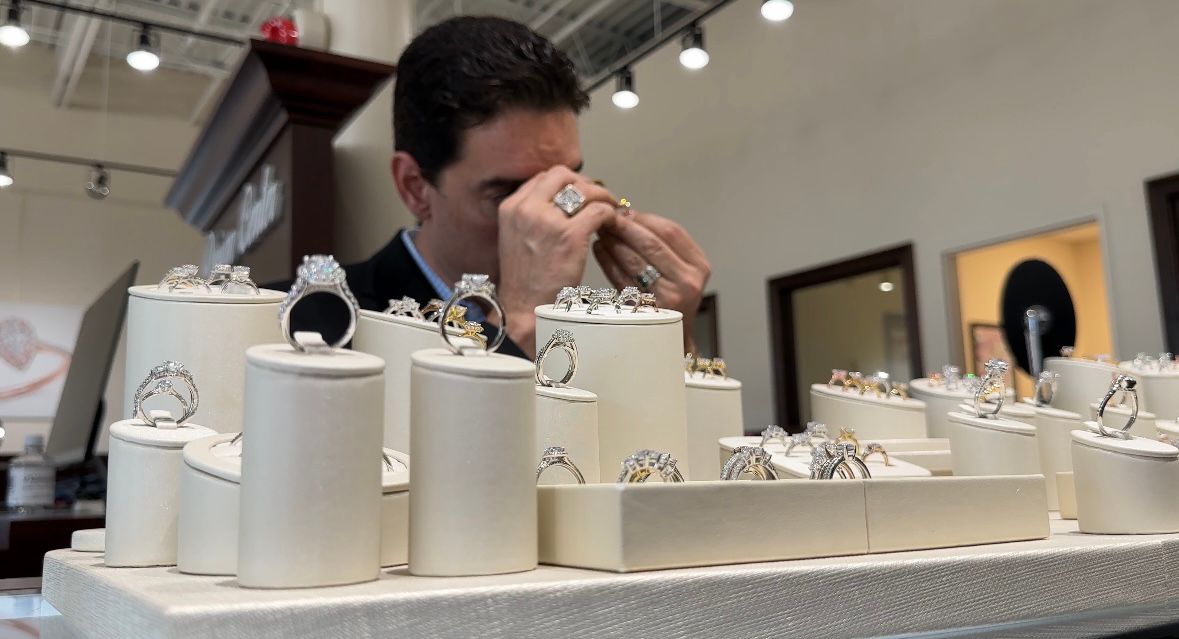GREENSBORO, N.C. — According to the Federal Reserve Bank, credit, debit, and electronic payments have been steadily increasing since 2016.
Paula Dozier and her husband Keith opened Doggo's Dog Park and Pub in 2019.
"My husband and I were not really happy professionally and our dog had just died. We missed him so very much and we thought there should be a place that lets people be with dogs because dogs do such amazing things for humans," Dozier says.
Doggo's is completely cashless, so customers pay for memberships, day passes, drinks and snacks with debit and credit cards. Dozier knew she wanted a cashless business from the get-go.
"Before we opened everyone told us we were crazy to go cashless. Nobody said a cashless bar would work," she says.
They decided to go cashless because it was a reduction of liability - less likelihood of being robbed and employee theft.
Dozier also felt like her employees were safer working amidst the pandemic because of this.
"You don't think about all the stuff that's on cash until a situation like a pandemic brings your attention to it. My team just felt safer not having to handle cash and I have a number of employees that have compromised immune systems," Dozier says.
Apart from the safety, she did not want to have to run to the bank everyday like you would for a cash register.
"They just give us their card and we start a tab and it's just super quick," she says.
Dozier does not think going cashless has hurt business and would not be surprised if other businesses followed suit.
"It depends on the industry as a whole, how quickly they adopt it, but I do think that's where we're headed for sure," she says.
Electronic payment system Square found that from pre-pandemic 2020 to this March, the share of cashless businesses has more than doubled in the U.S., Australia, Canada and the U.K.








)

